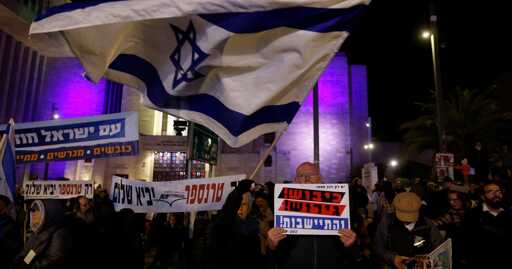Archive article: https://archive.ph/LJPiZ
A new survey showing that 82 percent of Jewish Israelis support the expulsion of Gazans was met with disbelief among those who stubbornly believe that the extremists are outliers. But these trends are as consistent as they are shocking



If you would like something to read, a good and free place to start would be this chapter of israeli historian Avi Shlaim’s book “Genocide in Gaza: Israel’s Long War on Palestine”, which is publicly available right here.
Some relevant excerpts about Jabotinsky specifically:
and later